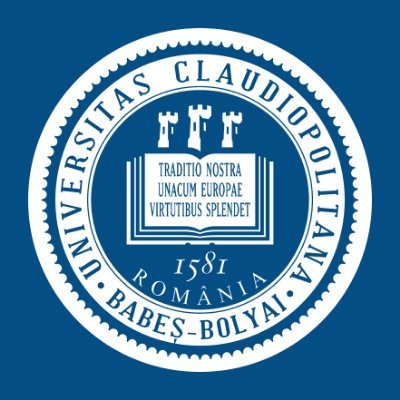Babeș-Bolyai University
Faculty of European Studies https://www.ubbcluj.ro/en/facultati/studii_europene
The Faculty of European Studies is involved in variety of initiatives centered around borders and regions. It is a part of of the Jean Monnet network Borders in motion (Frontem) since 2019, which is managed by the Sciences Po Strasbourg. It is the first network implemented in France as part of the European Union’s Jean Monnet framework and it brings together six partners: the University of Southern Denmark, the Euro-Institute in Kehl, the Centre for Cross-Border Studies in Armagh, Babes-Bolyai University in Cluj, the Catholic University of Louvain and the University of Victoria in Canada. Its objective is to propose a critical assessment of the Europe without borders model, given that the EU has developed a unilateral view on the border which only takes into account its economic nature whilst neglecting other aspects, whether symbolic or political (see: http://centre-jean-monnet.unistra.fr/the-project ).
The Faculty has been involved into numerous projects devoted to regional issues funded by the European Union and the government of Romania. These are some examples:
- Transference of EU Integration Model from East-Central Europe to the Western Balkans
- Frontières en mouvement: quels modèles pour l’UE?
- Projet Patrimoine Européen pour un Avenir Culturel Ensemble
- L’Observatoire politiques des Balkans
- Populism and Neo-Populism in Central and Eastern Europe
Last, but not least an annual conference International Relations and Area Studies: Focus on Western Balkans is organized by the Faculty. The conference aims to bring together experts, professors and researchers preoccupied with the Western Balkans. The conference is meant to be a platform for multi-disciplinary approaches to the politics, history, and society in the Western Balkan countries.
CEEPUS Coordinator: Assoc. Prof. Dr. Adrian-Gabriel Corpădean (Dean of the Faculty of European Studies)
Adrian-Gabriel Corpădean has been involved in the advanced study of EU integration for more than a decade, owing to his education and research activity. He has thoroughly investigated the EU’s institutional reform and overall change, as a prerequisite for an enhanced enlargement policy. His historiographic work with the European Union’s Liaison Committee of Historians of Integration and his participation in the elaboration of compendia on the topic of EU integration/enlargement are to be noted. The researcher’s professional activity includes his membership of and collaboration with civil society associations aiming to debate European integration with counterparts in the WB region, such as Balkan Development Support.


